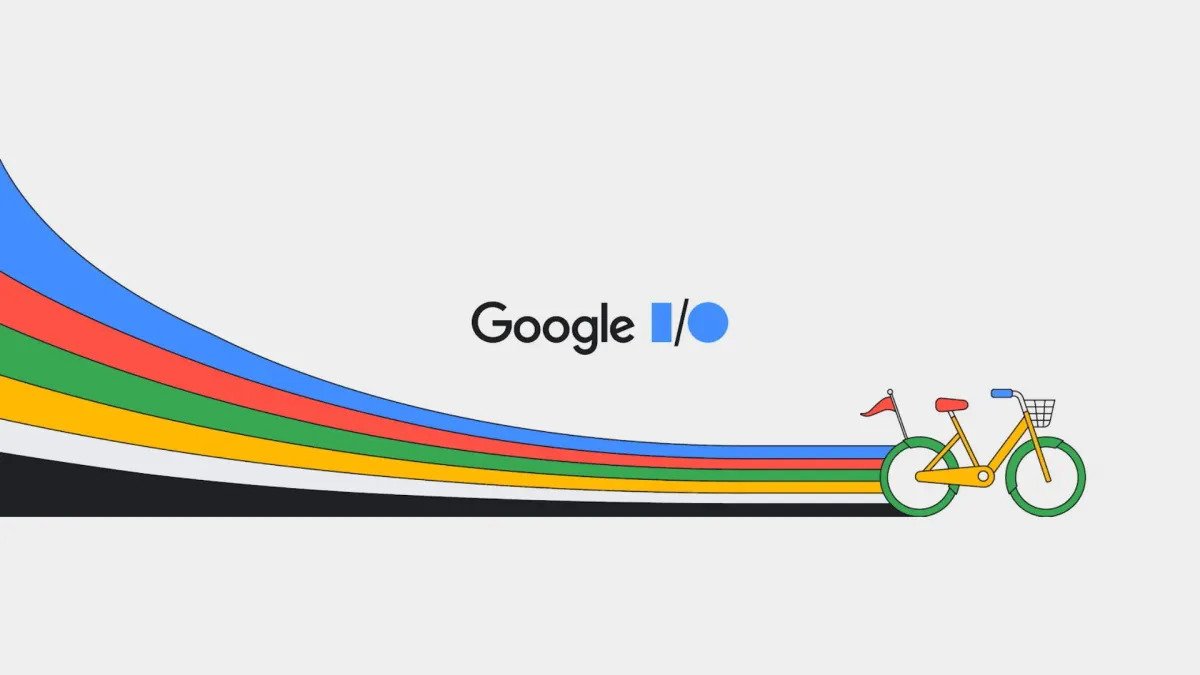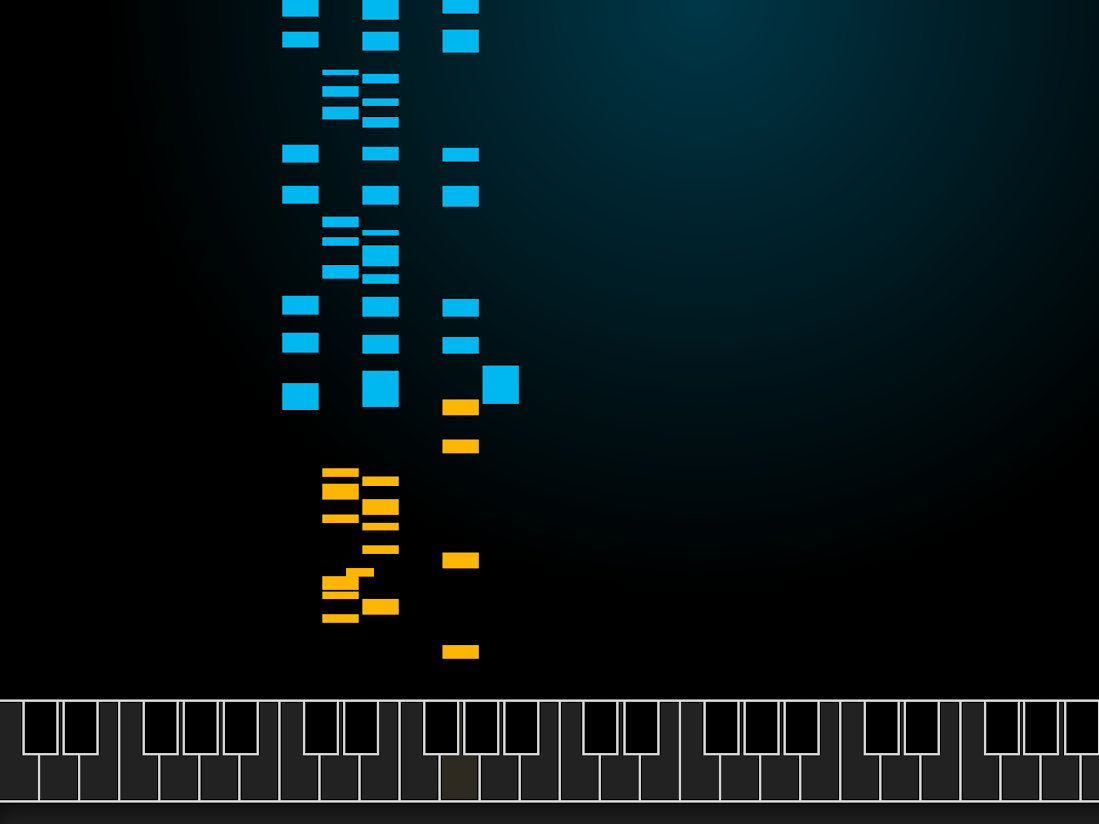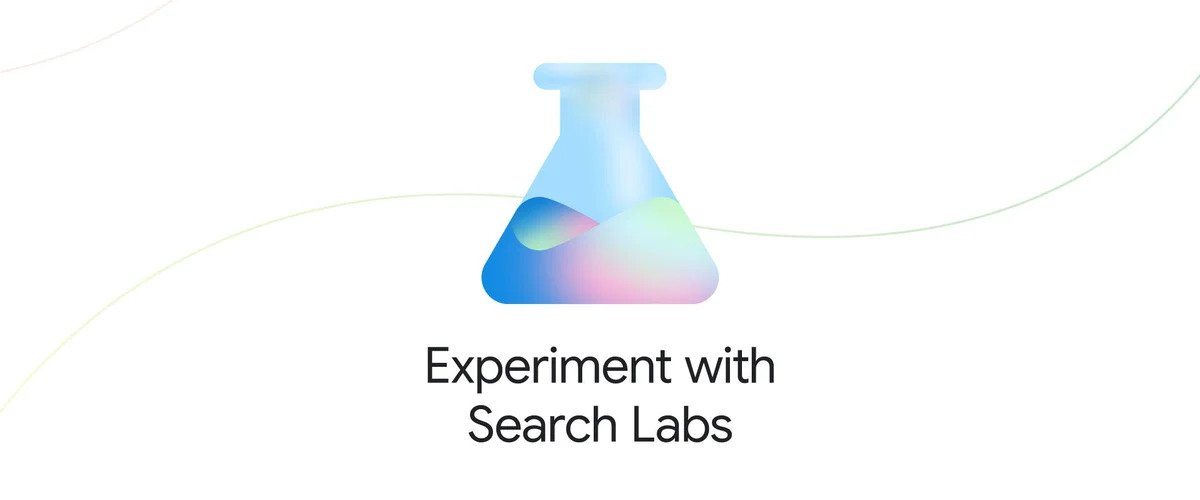As artificial intelligence (AI) continues to burgeon, Google has once again proved itself to be at the cutting edge of technology. At Google I/O 2023, the tech giant's latest array of announcements uncovered a bold vision for the future of ai tools, offering a glimpse into how Google is poised to transform the way we use our smartphones, computers, and other devices in ways we can't even begin to fathom.
Google's Hardware Evolution: The Dawn of a New Era
Among the most riveting reveals were Google's new hardware offerings, the Pixel Fold and the Pixel Tablet. The Pixel Fold isn't just another foldable phone; it's a technological marvel boasting a 7.6-inch display when unfolded, making it perfect for everything from catching up on your favorite shows to diving into an immersive browsing experience. But the innovation doesn't stop there; the Pixel Tablet is hot on the Fold's heels with a 10.95-inch LCD display and a charging speaker dock that doubles as a smart display, ensuring that your workspace is always at your fingertips.
Transforming Workspace with AI: Meet Duet AI
But Google's innovation transcends hardware. Duet AI, a fresh suite of AI features for Google Workspace apps, is set to revolutionize productivity tools. Imagine being able to auto-generate images, audio, and video for presentations in Slides. Picture a world where the new "Help Me Write" feature, a generative AI tool, can automatically compose emails and documents based on prompts in Gmail and Docs. As one technology expert puts it, "This could be the most innovative thing to happen to productivity in years."
Google Bard: The AI Assistant Every Developer Dreams Of
Perhaps the most tantalizing announcement was Google Bard, an AI assistant that can generate and debug code in 20 programming languages. It's not just about writing code though; Bard can also seamlessly connect to Google Lens, Google Maps, and other apps, offering an array of possibilities for developers and programmers. As we step into this brave new world, it's clear that Google is not just part of the AI evolution - it's leading it.
Google's Search Labs: A Bold New Frontier for AI Innovation
In the ever-evolving world of technology, Google has once again set the pace by launching Search Labs, a groundbreaking initiative that invites users to experiment with early-stage developments in Google Search. This venture, which forms a part of Google Labs, opens the doors for users to influence the future of AI-powered features directly.
Search Labs is a treasure trove of unique search and exploration tools designed to revolutionize the way we interact with the web. Among these innovative features is the Search Generative Experience (SGE), a tool that utilizes generative AI to provide users with an exhaustive overview of any given topic.
In addition to the SGE, Google has introduced Code Tips, a feature designed to assist users while they code directly in the Google Search bar. This provides on-the-go tips and suggestions, potentially streamlining coding tasks and reducing the need for extensive manual searches. The Add to Sheets tool is another notable feature that allows users to import a search result directly into a spreadsheet and share it with others, enhancing collaborative efforts.
At the moment, these experimental features are available on a trial basis, with Google inviting users to share feedback directly with the teams responsible for their development. Depending on user reception and performance, some of these experiments may become permanent fixtures in Google Search, while others may not see the light of day beyond the experimental stage.
Currently, Search Labs is open for sign-ups in English, with access restricted to US-based users.
Redefining the Boundaries of Technology
Google's I/O 2023 has underscored the transformative potential of AI, as the company continues to blur the lines between the digital and physical realms. The birth of Search Labs hints at a future where our interactions with technology become even more intuitive, personalized, and influential in shaping the tools of tomorrow.
The ongoing competition between Google and Microsoft is expected to accelerate the pace of AI development. This rivalry is beneficial for users as it promises a future rich in choices and enhanced experiences. However, the rapid advancements in AI also necessitate a discussion around the ethical and societal implications of these technologies.
The Dawn of the AI Revolution
The AI revolution is well underway, evolving at a pace never seen before. As we look towards the future, it's evident that we are just at the beginning of this exciting journey. With initiatives like Search Labs, Google is not just offering users a glimpse of what the future might hold, but an opportunity to actively shape it.
In an era where user needs and preferences drive tech innovation, Google's Search Labs is a testament to the company's commitment to user-centric design. By offering users the opportunity to engage with and shape future AI-powered features, Google is fostering a culture of innovation that could redefine our digital experiences for years to come.
AI Titans Lock Horns
The tech world is abuzz as two juggernauts, Google and Microsoft, gear up for an exciting showdown in the realm of artificial intelligence (AI). The companies have unveiled their newest AI-powered offerings, Google Bard and Microsoft ChatGPT, set to transform user experiences in unprecedented ways.
In the latest announcements at Google I/O 2023, Google introduced Bard, a sophisticated AI model based on their large language model, LaMDA. Meanwhile, Microsoft announced the integration of ChatGPT into Bing, Edge, and Office 365, marking an aggressive move to enhance user experiences across its products.
A Battle for User Experience
Microsoft's ChatGPT, designed to bolster the company's position in the search market, is seen as a game-changer, opening fresh opportunities for developers and businesses. Google, on the other hand, is betting high on Bard's ability to make search experiences more intuitive and natural, a potential game-changer in the search landscape.
Challenges and Opportunities
The stakes are high, and the question on everyone's mind is: Who will come out on top in this AI duel?
The answer largely hinges on how effectively each tech titan can deliver value to users. Google, a renowned leader in AI research, could capitalize on its reputation to gain the upper hand. However, it must also grapple with criticisms around ethical issues and a perceived lack of innovation. Microsoft, a dominant player in the enterprise market, has the challenge of scaling and maintaining ChatGPT to ensure its success.
The Impact on Users and Society
This fierce competition could be a boon for users, promising more choices, advanced features, and improved quality in their search experiences. Yet, it also ignites discussions around the social and ethical implications of using large language models. Concerns around environmental impact, bias, privacy, and accountability are at the forefront of this debate.
As AI becomes more ubiquitous and powerful, it's evident that we are only scratching the surface of its potential. The recent announcements from both Google and Microsoft are a testament to this, and they signal the dawn of a new era in AI.
The Potential of AI Chatbots
It is expected that this competition will spur both companies to develop superior AI chatbots. Users stand to benefit from this rivalry in the form of more features, enhanced performance, and competitive pricing.
The tech community is particularly intrigued by how Google Bard and Microsoft ChatGPT will address the social and ethical implications of using large language models. These complex issues need serious attention from both companies.
A New Era in AI
Overall, the unfolding competition between Google Bard and Microsoft ChatGPT is electrifying. It holds the promise of making AI chatbots even more powerful and useful, and it's poised to revolutionize the way we interact with computers.
Key aspects to look forward to in Google Bard and Microsoft ChatGPT include:
- More accurate and informative responses to queries.
- The ability to generate creative and engaging content.
- Enhanced understanding and response to user intent.
- Continuous learning and improvement over time.
As the battle lines are drawn, the anticipation is palpable. The competition between Google Bard and Microsoft ChatGPT could well set the stage for a new chapter in AI's history, one that has the potential to reshape our digital interactions fundamentally. It's a thrilling prospect that has us all on the edge of our seats.



